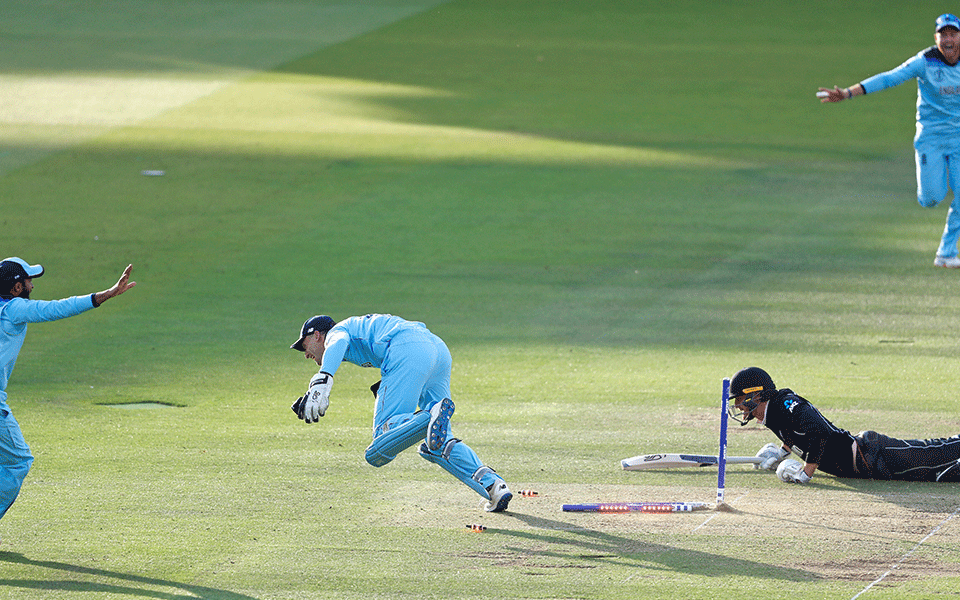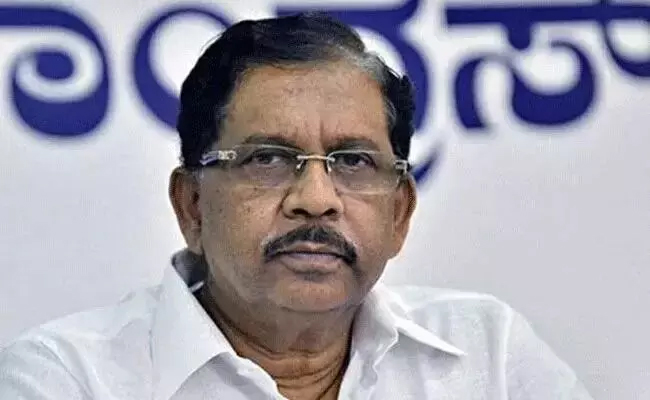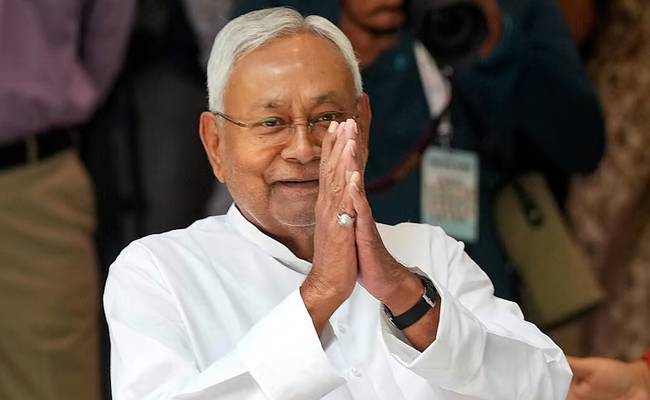New Delhi: Former and current cricketers, including India's Rohit Sharma and Gautam Gambhir, criticised the International Cricket Council's boundary count rule that decided the World Cup title in England's favour and denied New Zealand after a pulsating final in London.
In a thrilling encounter on Sunday night at the Lord's, England were adjudged the winners of the world Cup on the basis of their superior boundary count - 22 fours and two sixes -- to New Zealand's 16 after the epic final, and also the ensuing Super Over, ended in a tie.
"Some rules in cricket definitely needs a serious look in," tweeted Indian opener Rohit Sharma on Monday.
The sentiment was shared by former opener Gambhir, who is now a parliamentarian.
"Don't understand how the game of such proportions, the #CWC19Final, is finally decided on who scored the most boundaries. A ridiculous rule @ICC. Should have been a tie. I want to congratulate both @BLACKCAPS & @englandcricket on playing out a nail biting Final," Gambhir wrote on his twitter handle.
Gambhir's former teammate Yuvraj Singh also disagreed with the ICC rule of deciding the World Cup winner on boundary count.
"I don't agree with that rule ! But rules are rules congratulations to England on finally winning the World Cup, my heart goes out for the kiwis they fought till the end. Great game an epic final !!!! #CWC19Final," he wrote.
Former New Zealand all-rounder Scott Styris called ICC a joke.
"Nice work @ICC ... you are a joke!!!," he wrote.
Indian spin legend Bishan Singh Bedi was also scathing in his criticism of the ICC rules.
"Grossly unimaginative ICC rules help #England win World Cup..Ideally it would have been better if both Eng & NZ were declared joint winners..& shared the Cup..as underdogs #NZ did more to create such an amazing result..while #Eng were expected to win hands down..Think ICC think!," he tweeted.
"The DL system is actually based on runs and wickets lost... yet the Final result is only based on Boundaries hit? Not fair in my opinion. Must have been great to watch!," wrote former Australian batsman Dean Jones.
Opting to bat, New Zealand had put up a modest 241 for eight. In reply, England ended at the same score leading to the one-over eliminator.
In the Super Over, England batted first and the duo of Ben Stokes, who kept the hosts in the game with a brilliant 84 off 98 balls, and Jos Buttler made 15, and New Zealand also ended at the same score but for the loss of one wicket, paving the way for an English victory on boundary count.
Former New Zealand cricketers were also left hugely disappointed by the ICC's rule, describing it as "absurd" and "unfortunate". Former Black Caps all-rounder Dion Nash said he felt cheated after the finals.
"I feel really empty, and a bit cheated," he was quoted as saying in stuff.co.nz.
"Clearly, it's ridiculous... really absurd. It's about as random as tossing a coin." Nash, however, said there was no point complaining as the rules were laid down much before the tournament.
"But you also have to look at it from the (view of the) people setting the rules. I mean who thinks it's going to be a draw, and then you draw in the Super Over? What are the chances?
"You can't complain, it was done at the start of the tournament. But I think that's probably indicative of where the game's mindset's at. Why not credit the guys who took the most wickets?
"The real measure that was used for generations was least amount of wickets lost. So why have we changed that?"
Kyle Mills, who was part of the 2015 team which lost its first-ever World Cup final to Australia, felt that the decision could have been on the basis of wickets lost.
"I guess the game of cricket is about runs and wickets and when the runs are tied, it'd be ideal then to take it back to how many wickets were lost," he said.
Let the Truth be known. If you read VB and like VB, please be a VB Supporter and Help us deliver the Truth to one and all.
Colombo (AP): A US submarine sank an Iranian warship off the coast of Sri Lanka, and Sri Lanka's navy said Wednesday it recovered 87 bodies and rescued 32 people.
The Iranian vessel that was sunk in the Indian Ocean was the Islamic Republic's “prize ship,” US Defence Secretary Pete Hegseth said at a Pentagon news briefing. Hegseth said it was the first sinking of an enemy ship with a torpedo by the US since World War II.
Sri Lanka's Foreign Minister Vijitha Herath told Parliament that its navy received information that the IRIS Dena, with 180 people on board, was in distress and sinking. The island nation sent ships and air force planes on a rescue mission, he said.
Navy spokesman Commander Buddhika Sampath said by the time navy ships reached the location, there was no sign of the ship and “there were only some oil patches and life rafts. We found people floating on the water.”
He said the 32 people rescued were admitted to a hospital in the seaside town of Galle on the Sri Lanka's southern coast. The bodies recovered were being brought to land, he said.
Dr Anil Jasinghe, a top health ministry official, said one of those rescued is in critical condition, seven are receiving emergency treatment and others are being treated for minor injuries.
The IRIS Dena — one of Iran's newest warships — is a Moudge-class frigate that patrols in deep water for the Iranian navy. It is armed with heavy guns, surface-to-air missiles, anti-ship missiles and torpedoes. It also carries one helicopter.
The frigate was the centerpiece of a two-ship international tour in 2023 that included port calls in countries including South Africa and Brazil. It was accompanied by the support ship IRIS Makran, a converted oil tanker.
The US Treasury Department included both ships on a sanctions designation in February 2023 along with eight executives of an Iranian drone manufacturer that supplied the weapons to Russia for use against civilian targets in Ukraine.
At least 17 Iranian naval vessels have been sunk during the ongoing war, said US Adm Brad Cooper, who leads the American military's Central Command.
“We are also sinking the Iranian navy — the entire navy,” he said in a video message.





